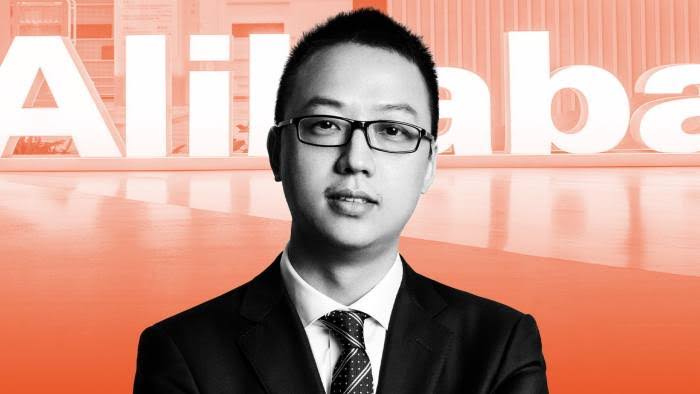Daniel Zhang, the CEO and chairman of Alibaba, intends to retire this year, and an insider will take his place. This is a big change in the company’s leadership.
On Sept. 10, Eddie Yongming Wu will become CEO, and Joe Tsai will become chairman.
The two employees have been working for Alibaba for a long time and are close friends of Alibaba’s billionaire founder, Jack Ma.
But who exactly are they, and what do their choices say about Alibaba’s future?
Read also: Chinese tech giant, Alibaba announces management reshuffle
Eddie Wu, the new CEO
Eddie Wu is one of the people who started Alibaba. He started working there in 1999 as a technology head. He has a lot of experience with the company’s main e-commerce business, making money, and technology, which makes him a good choice to run the whole group.
After Alibaba chose to split into six parts, he became the chairman of the Taobao and Tmall Groups. At the time, these were China’s two biggest e-commerce sites.
Wu has also been the chief technology officer of important companies like Taobao and Alipay, which is a mobile payment service run by Ant Group, which is a subsidiary of Alibaba. He was in charge of Alibaba’s base for making money on Taobao and Tmall. He also led the push for the Taobao mobile app, which brought the company into the smartphone age.
“It shouldn’t be a big surprise that Eddie Wu was named CEO. He helped start Alibaba and was a big part of making Taobao and Alipay profitable, according to Jacob Cooke, CEO of WPIC, an e-commerce tech and marketing company that helps foreign brands sell in China.
“His promotion to CEO of the group is a natural step, and it shows how important e-commerce will always be in the company’s plans,” Cooke said.
Joe Tsai, the new chairman
Joe Tsai is another one of the people who started Alibaba. He was the company’s chief financial officer until 2013 and is now the executive vice chairman. He is also the head of Alibaba’s logistics unit, Cainiao, and a member of the Taobao and Tmall sections.
Aside from his work with Alibaba, Tsai is also a part-owner of the U.S. basketball team, the Brooklyn Nets. He is often thought of as a more international-focused leader.
“The appointment of the internationally focused Tsai as chairman fits perfectly with the new outward-looking strategy that Alibaba has recently adopted, with big investments in Lazada and the recently announced plans to open a local version of Tmall in Europe,” said Cooke.
Alibaba owns the e-commerce company Lazada, which is based in Singapore and has been a key part of its growth in Southeast Asia. Separately, Alibaba President Michael Evans said last week that the company would start local versions of its Tmall e-commerce service in Europe.
Changes’ timing
Alibaba has had a rough two and a half years. In November 2020, officials stopped Ant Group’s huge initial public offering (IPO) because it didn’t meet their requirements.
In areas like data security and competition, the Chinese government tightened rules on its own technology industry. In April 2021, regulators hit Alibaba with a huge antitrust fine of 18.23 billion yuan ($2.5 billion).
The slowing growth of the company is due to a slowing Chinese economy and more competition from companies like JD.com and Pinduoduo. Its key cloud business, where CEO Zhang will spend all of his time after he leaves, saw sales go down in the March quarter.
Tsai and Wu will try to get the company to grow again, even though the economy as a whole is still not doing well.
“I don’t think the reorganisation says much about Alibaba’s business focus, and I don’t think it will have a big effect on the company’s performance,” Xin Sun, a senior lecturer in Chinese and East Asian business at King’s College London, told CNBC via email.
“After all, the most important reasons for the company’s success are structural, like the fact that its ecosystem is breaking up, the regulatory environment is getting more complicated, and competitors are very strong. Nothing has changed about these.”
